
Contents
What Human Foods Cats Can Eat – Introduction
Cats are the most popular pets in the world. They’re cute, fun to play with, and excellent companions. But did you know there are two types of cats: wild and domestic? Wild cats eat mostly meat; domestic ones usually eat more plant-based foods like eggs and cheese. This article will explore examples of both types of food that your cat might enjoy!
You might be surprised to learn that your cat can eat some of the same foods humans consume. This is especially true for cats that are indoor pets, like mine. Cats are so unique among all animals because they have essentially no predators other than us humans and other mammals like dogs or bears (which aren’t even considered carnivores). So when it comes down to survival over thousands of years on our planet—and with the species already in existence since the dawn, they need every advantage they can get!
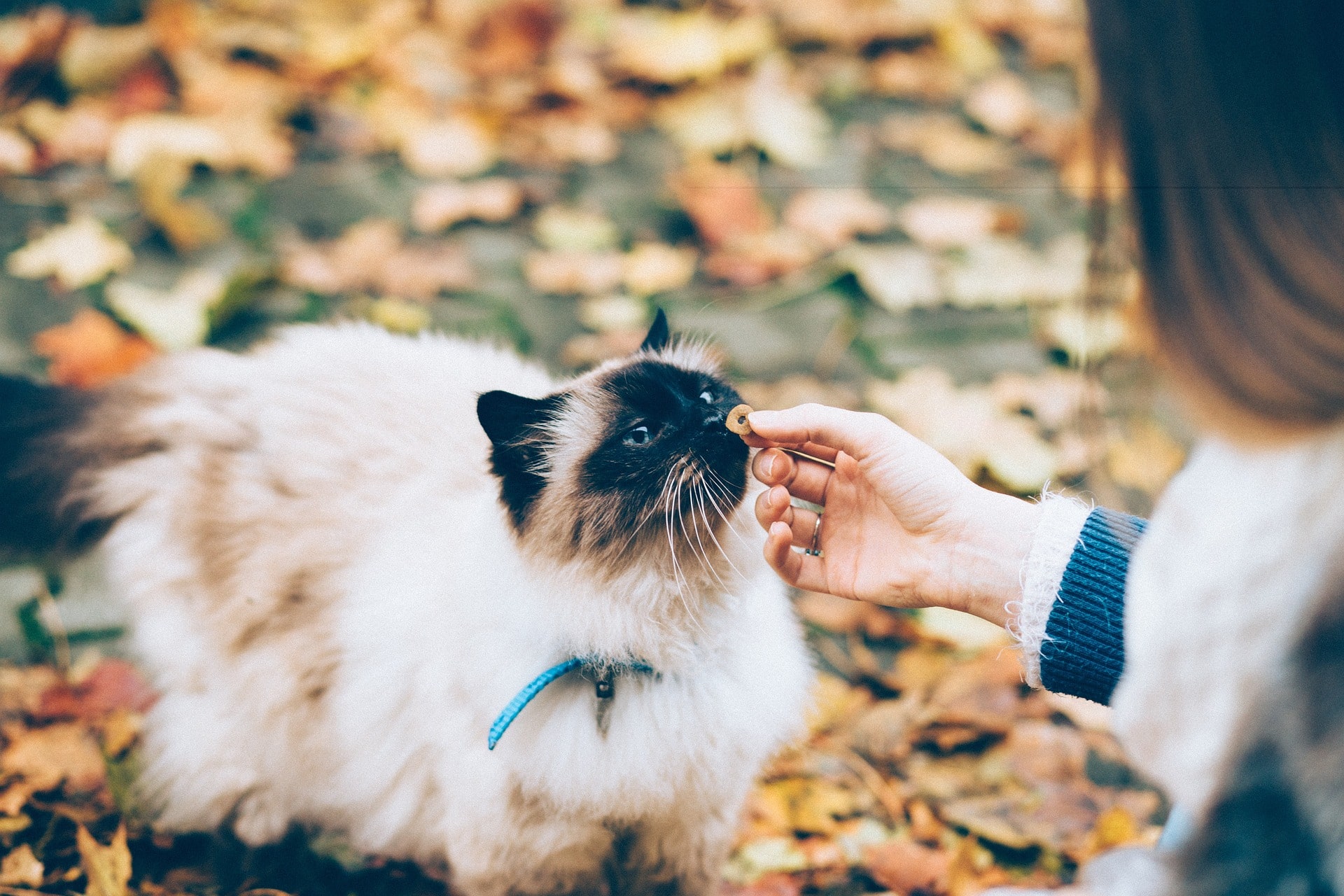
Catnip
Catnip is a plant used for centuries as a herbal remedy and recreational drug. It’s also known as catmint, nepeta, and Nepeta cataria. The leaves contain small amounts of essential oil called nepetalactone, which can be ingested by cats and result in changes in behavior such as increased activity levels or decreased appetite.
Catnip is most commonly found growing wild in open fields throughout North America, but it can also be purchased online or from local nurseries. If you’re looking to add extra spice to your cat’s diet (or treat anxiety), consider adding some catnip leaves to their meals!
Meat
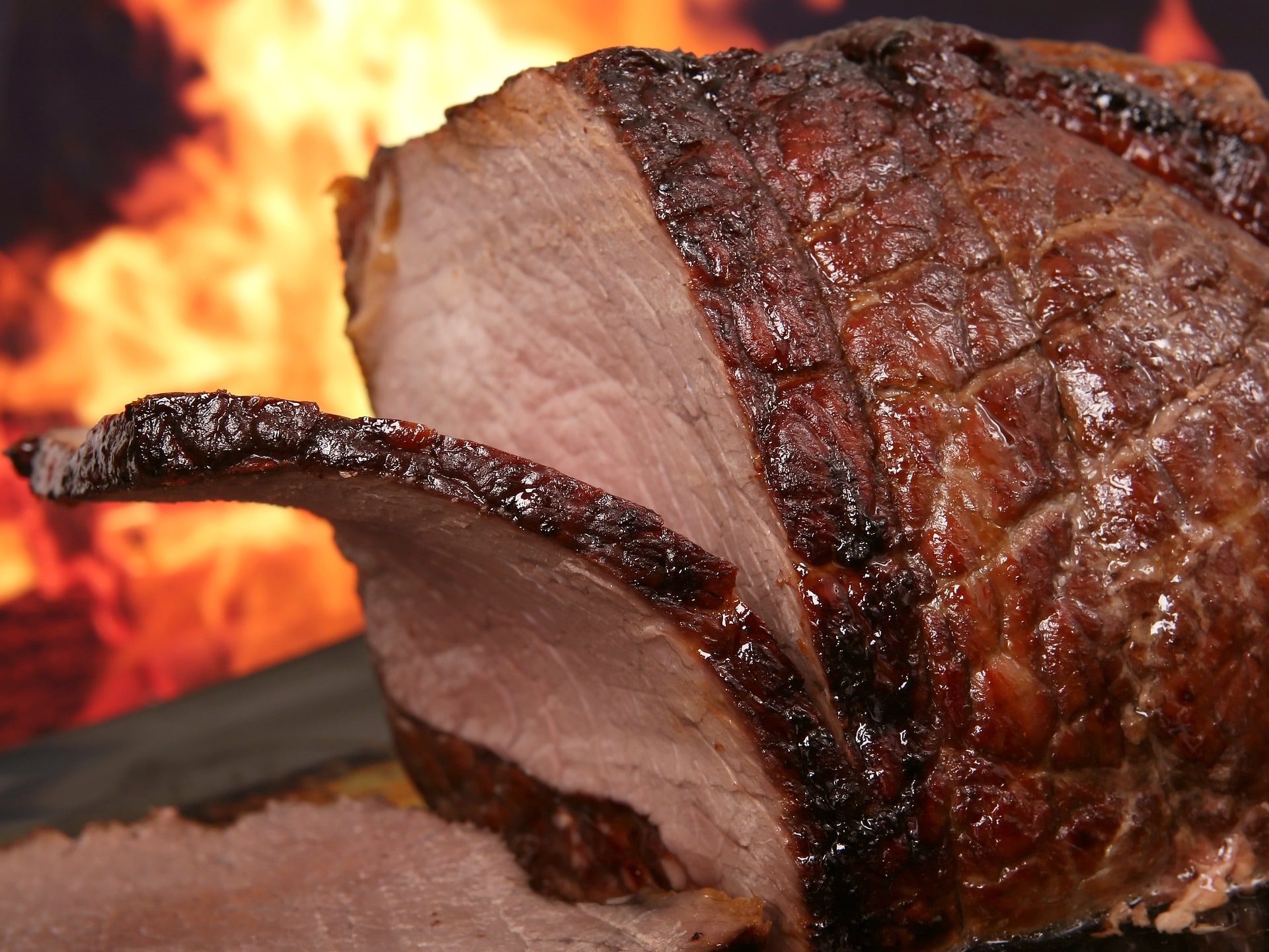
Meat is an excellent source of protein for your cat, but only in moderation. Don’t feed your pet raw meat or bones (such as chicken necks and backs); stick with canned cat food over fresh meat if you can.
Cats are carnivores, so feeding them meat is not a problem; it’s just that they don’t need too much of it to get all the nutrients they need from their diet. While some cats may have allergies or digestive issues with certain meats like fish or poultry skin, most will be fine if you give them what they’re craving: dead animals!
Healthy Foods for Cats – Human Foods Your Cat CAN EAT! https://www.youtube.com/watch?v=0cZXpL-Btik
Dairy
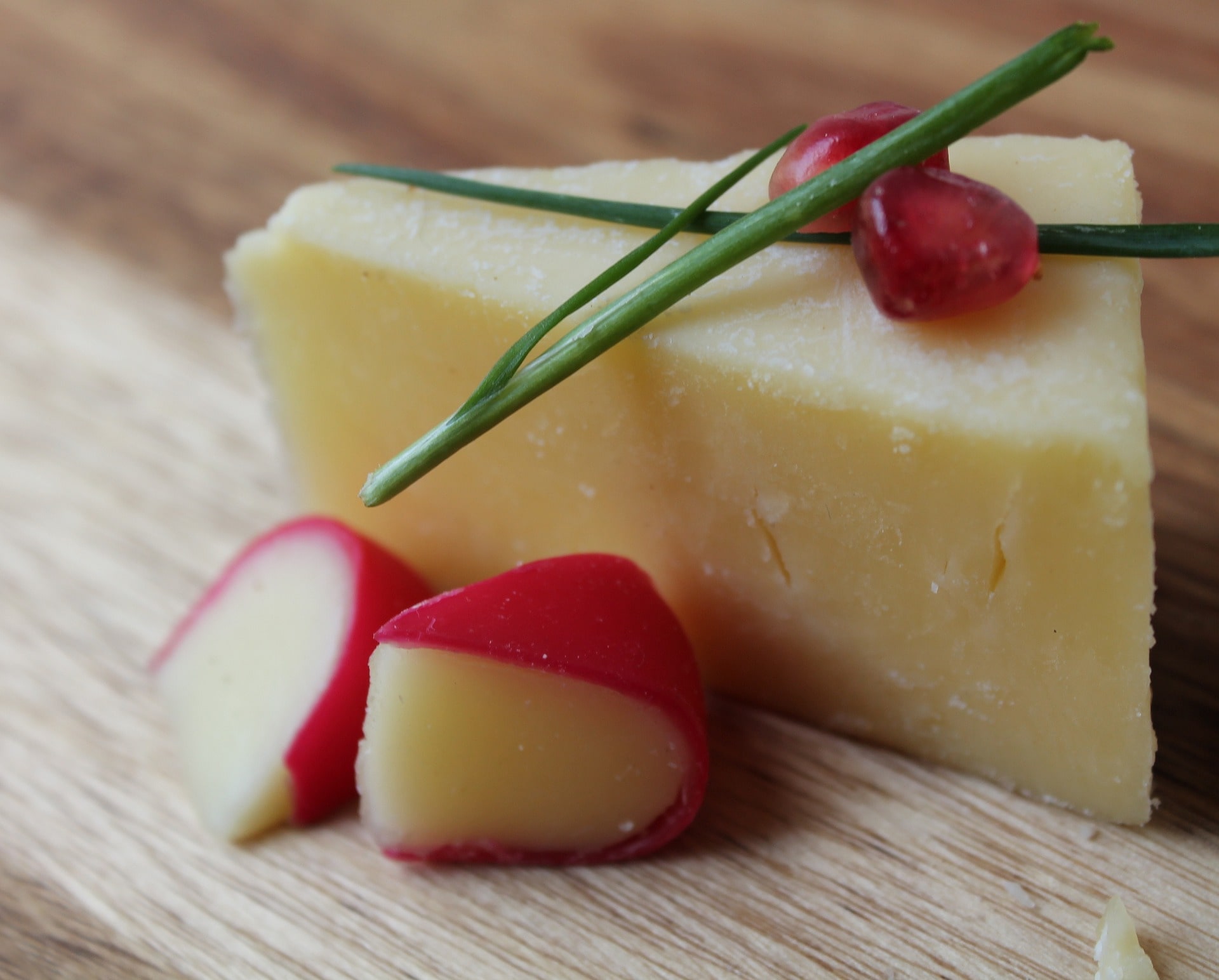
Dairy is another good food for cats to eat. Cheese, milk, and yogurt are all healthy to have in moderation.
Cheese is an excellent source of protein and calcium, which your cat will love. However, not all cats are fans of cheese. If your cat isn’t interested in eating it, try mixing it with other foods.
Cats can enjoy cheese once in a while as long as it’s not too much of a temptation for them to overindulge. Cats should only get about one ounce of cheese per week (about 3–4 ounces), so if you want your cat to enjoy this treat on occasion, make sure that you buy small amounts of different types of cheese, so they don’t get bored with it quickly or stick with just one type over time.
Milk also makes an excellent treat for your pet; however, be careful not to go overboard here because too much milk could lead to diarrhea and vomiting! If possible, avoid giving your cat milk altogether unless there’s an emergency where he needs extra calcium supplementation, such as during recovery from surgery or illness.
Eggs

If you’re looking for a good source of protein in your cat’s diet, eggs are a great option. Eggs contain all nine essential amino acids and can help provide them with the necessary nutrients. However, it’s important to remember that raw eggs should never be given to cats because they can lead to serious health problems such as Salmonella infection and hepatitis.
Do not give your cat cooked eggs, either! Cooked egg whites only contain about 11% protein compared with whole egg yolks, which contain 22%. So while this may seem like an appealing alternative since whole eggs tend to have more fat content than their white counterparts, cooked whites don’t offer enough nutrition for your pet’s needs or appetite.
In addition, cooking doesn’t break down all the nutrients found in their shells, nor does it destroy bacteria inside them as boiling does. This means that plenty will still be left behind when those yolks go back into storage after being prepared for consumption later down the line. Meaning more potential exposure risk should these foods ever come into contact outside their containers again someday, soon after being opened up the first time around.
Egg yolks are a good source of protein, fat, and cholesterol. They also contain vitamins A, B12, riboflavin, and folate.
Eggs should be fed to your cat in moderation because they can cause constipation or diarrhea if fed too often.
Tuna, Salmon, Shrimp, and Other Fish

Fish is a good source of protein, but your cat doesn’t need to eat fish. Cats can get all the protein they need from chicken and turkey or vegetables like peas and beans.
If you’re looking for a way to add variety to your cat’s diet without adding calories, consider feeding them salmon or tuna fish. These fish are high in omega-3 fatty acids, which help keep their coats shiny and healthy!
Cats shouldn’t eat raw fish. Instead, they should only eat cooked or canned tuna once per week. Tuna is high in Omega 3 fatty acids, which help with cat skin problems like dermatitis and ear mites (pink eye).
Cats can also benefit from eating salmon or shrimp since they are full of calcium which helps to build strong bones. If you have a fussy eater, try giving them canned salmon instead of fresh because the tinned type tends to be easier for them to chew on without getting stuck in their throat!
Nuts
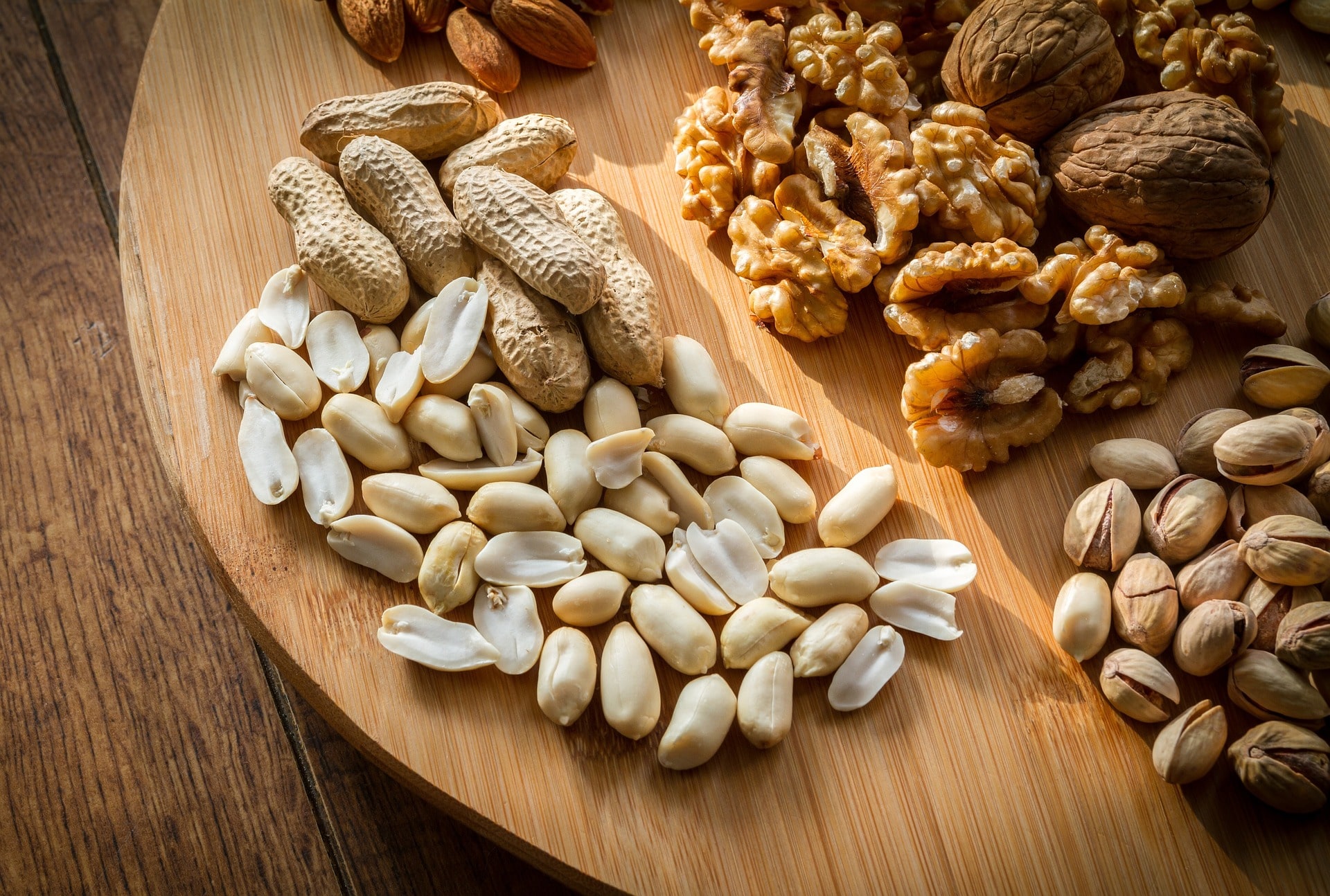
Nuts are not a good source of fat, so don’t overdo it! If your cat has a nut allergy, you’ll have to avoid them altogether. Walnuts and pecans are safe for cats, but cashews and pistachios should be avoided because they can cause digestive upset in cats.
Whole grains
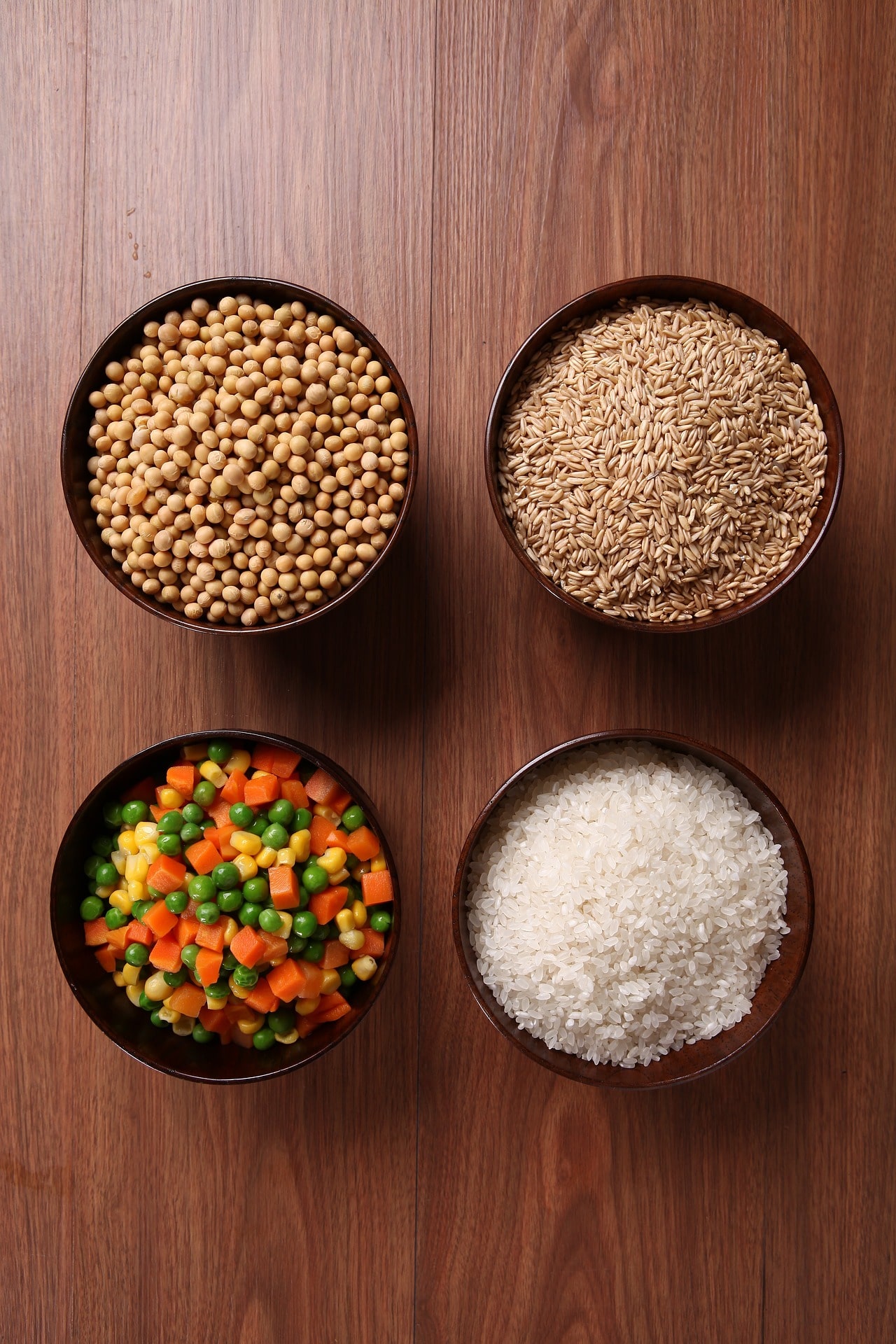
Grains are an excellent source of carbohydrates, protein, and vitamins. They’re also a good source of minerals like magnesium and zinc. However, whole grains such as wheat, corn, or rice should not be fed to cats because they contain gluten which can cause digestive problems in some cats (and may even be deadly).
When it comes to whole grain foods for your cat’s diet, look for those labeled ‘whole’ or ‘unprocessed.’ Cats prefer animal protein over plant-based proteins such as meat because they don’t need the extra calories from plants to survive (although humans need these extra calories!).
Fruit
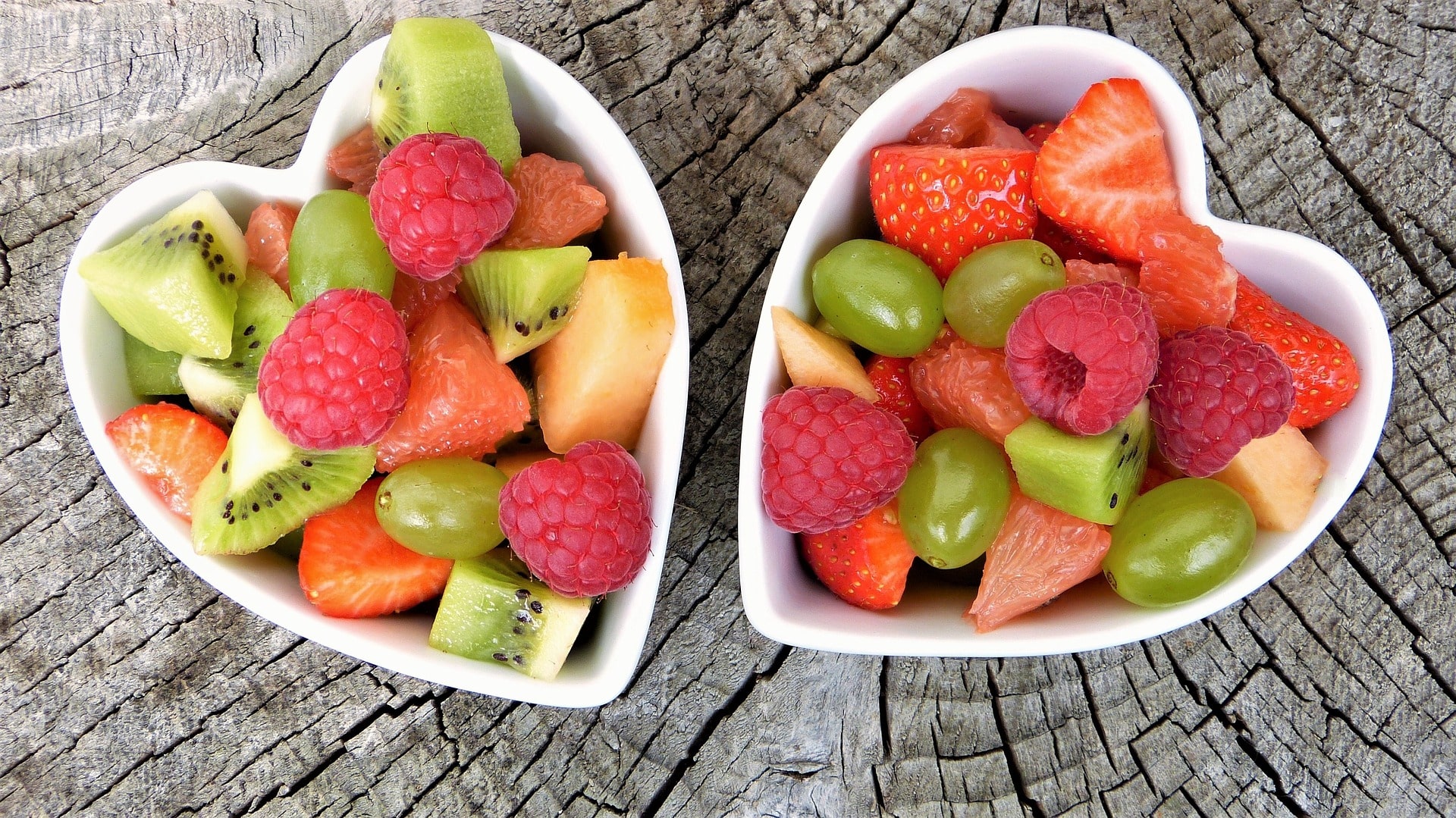
Fruit is an excellent food for cats, but like everything else in life, it’s not all good. When feeding your cat fruit (or any other food), the most important thing to remember is that they need to be given in moderation and only when hungry.
Fruits safe for cats include apple slices, banana peels and pits (to avoid choking), pears, apricots, and plums. Be sure to remove any seeds from these fruits before giving them to your pet because some can cause digestive problems or even kidney failure if eaten by humans or dogs with sensitive stomachs!
If you want to give your cat something sweet treat instead of something savory such as meat or cheese, then try offering them ripe berries instead: blueberries; blackberries; raspberries; strawberries, etc. You could also try making homemade popsicles out of these ingredients if there isn’t anywhere near enough time left over after work today.
Vegetables
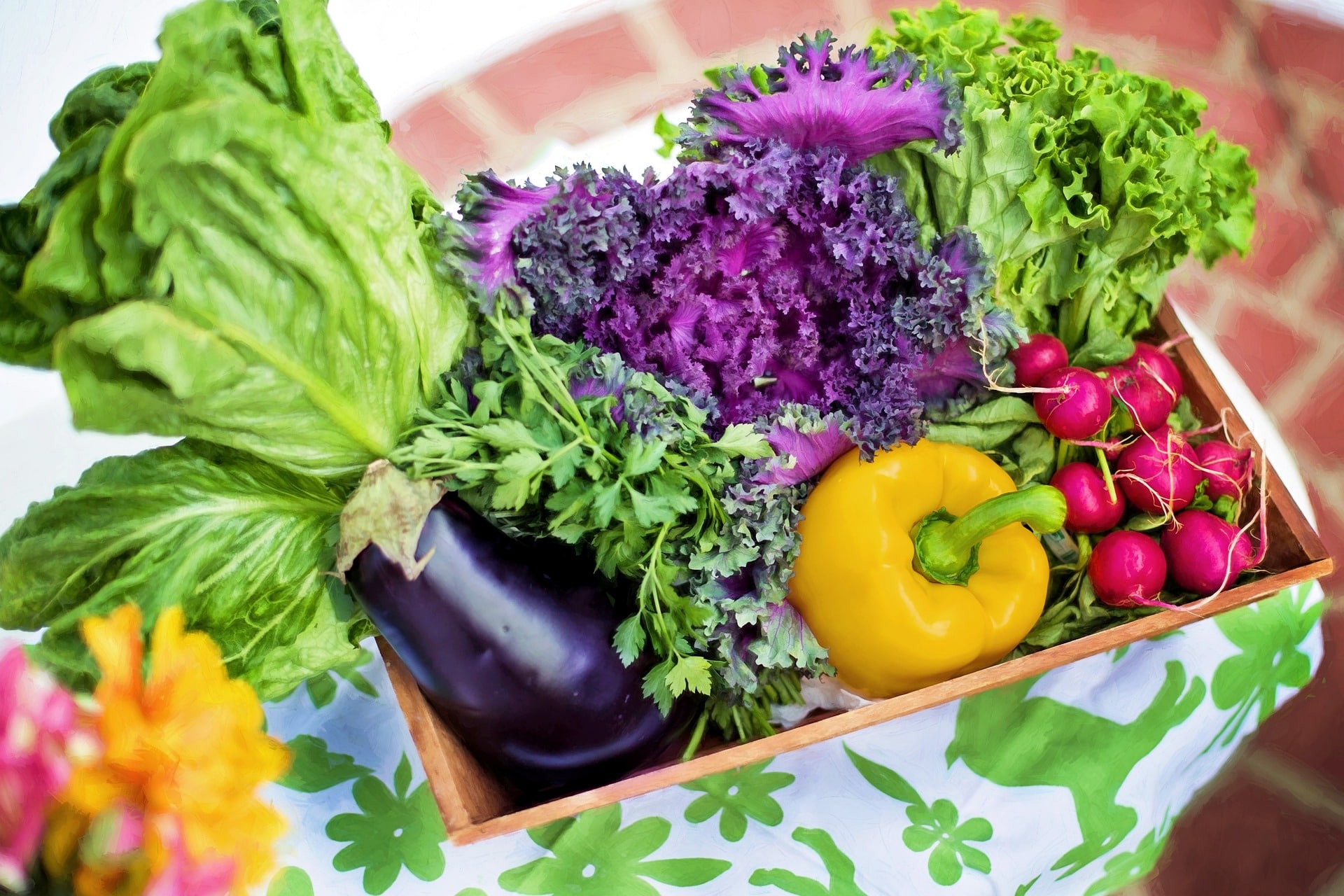
Vegetables are a great source of nutrients, including fiber. Some vegetables are high in B vitamins and vitamin C, while others have potassium and magnesium. Iron is also found in many vegetables—this mineral plays an essential role in the development of red blood cells as well as in maintaining energy levels.
Calcium helps protect against osteoporosis by building strong bones; some potatoes contain more calcium than milk! Vitamin A is essential for good vision (and you’ll find it in carrots), while carotenoids like beta-carotene help protect against cancerous cells (and you’ll find them in sweet potatoes).
You can feed your cat some of the same foods you eat.
You can feed your cat some of the same foods you eat. Cats are carnivores and need meat-based proteins to survive, so that they will eat animal products like chicken or beef (or even fish).
Cats can also be fed a variety of fruits and vegetables, such as apples, bananas, blueberries, and broccoli. The best way to feed your cat these foods is by giving them small pieces rather than whole fruits or vegetables because they may choke on larger pieces.
In addition to their diet consisting primarily of meaty foods such as chicken breast or ground beef patties, cats have a few other nutritional requirements that must be met for proper health maintenance. Including calcium consumption (1/2 teaspoon per pound) and vitamin C supplementation when necessary due to its lack thereof naturally occurring within an animal’s body (1/3 – 2 teaspoons per day).
Conclusion
Cats can eat a surprising number of human foods. You might be surprised to learn that cats are omnivores, meaning they eat meat, plants, and other animals. Cats can even eat seafood! So next time your cat has a taste for something new, try whipping up some kitty treats or snacks as a special treat.
However, it is essential to note that cats should not be given human food in large quantities because their digestive systems cannot handle it quickly enough to avoid serious health problems like vomiting or diarrhea (which could lead to dehydration).
More Links:
Cats Almond Milk – Super Facts You Need to Know When Feeding Your Cat: https://adoptanim.com/cats-almond-milk/

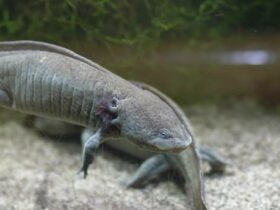
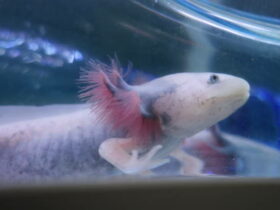
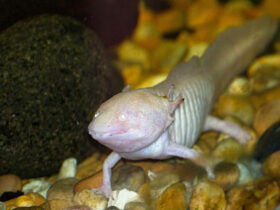
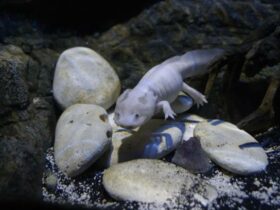
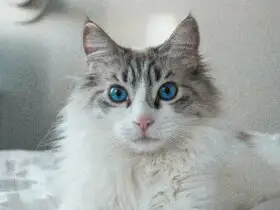
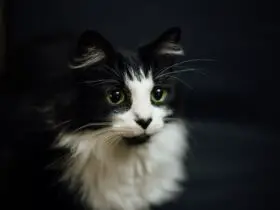

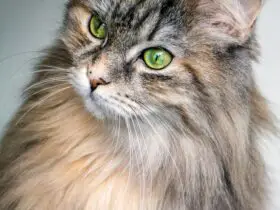
Leave a Reply